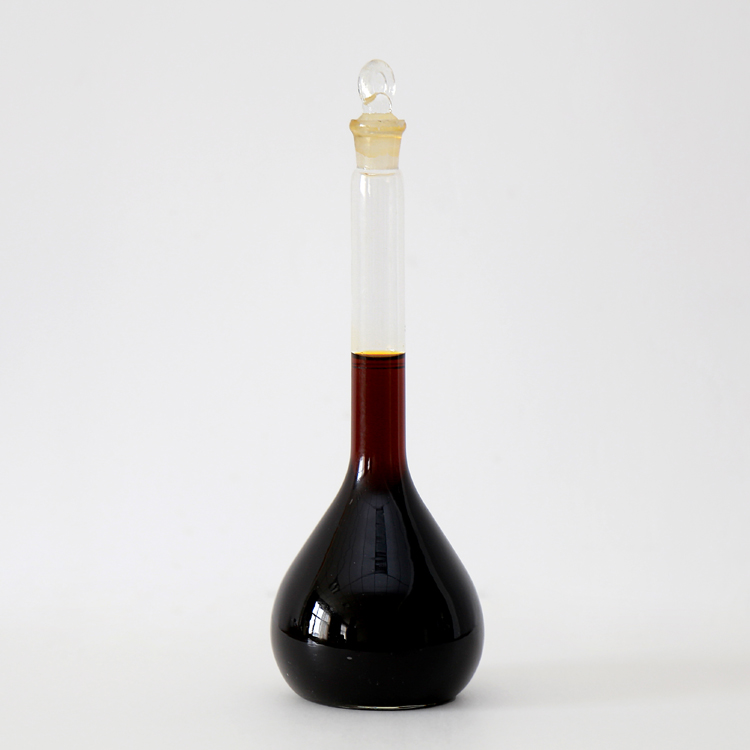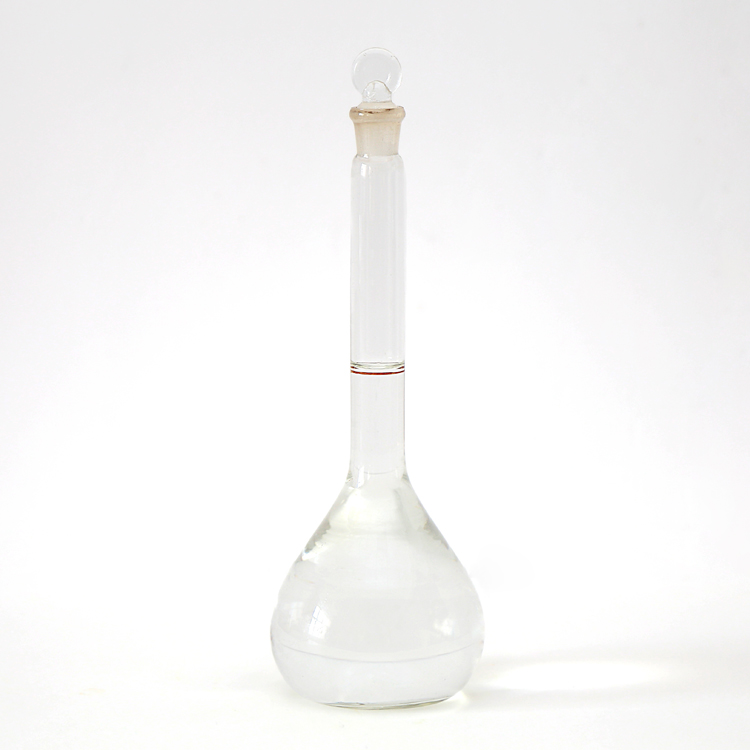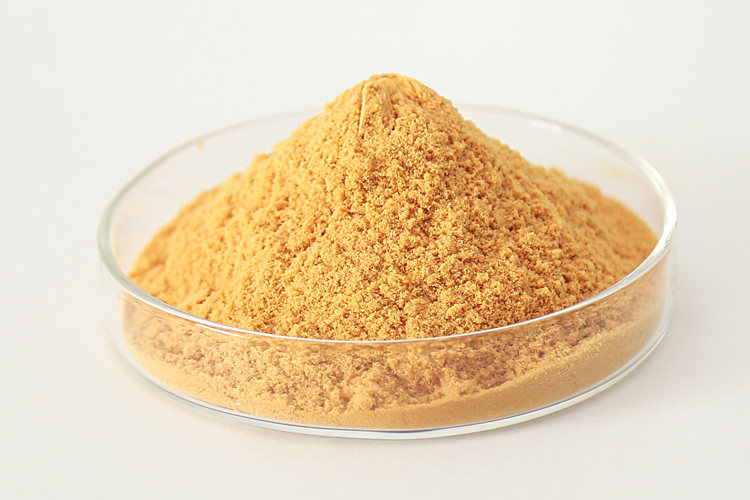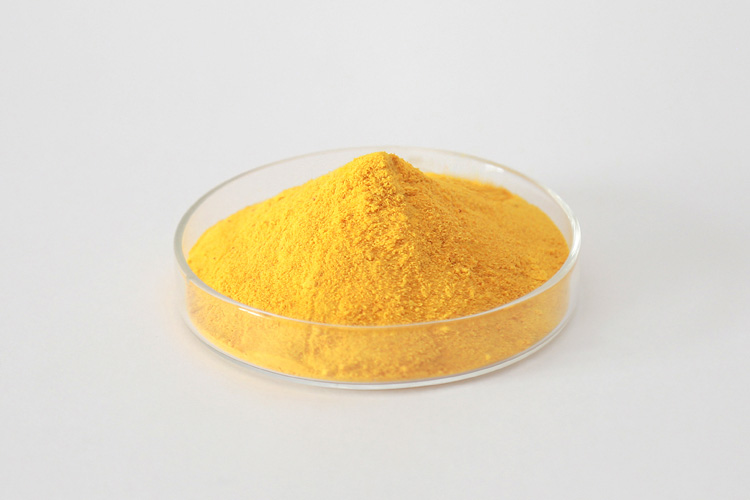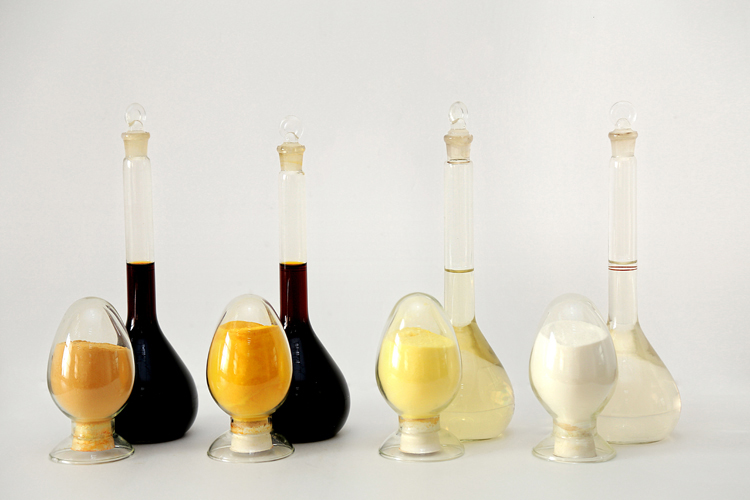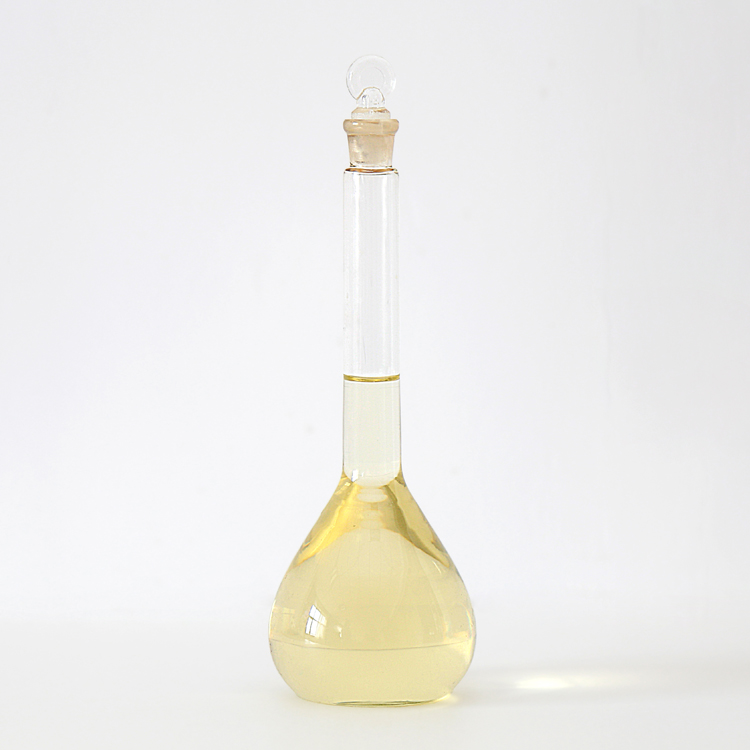
COMPANY NEWS
- Home >> NEWS >> COMPANY NEWS
Product recommendation
Hot News
Contact us
- Tel:+86-0391-3126812
- Phone:+86-15803910375
- Add:The west industrial cluster area of Jiaozuo City, Henan province, China
- E-mail:aefk@aefkchem.com
Flocculation principle of polyferric sulfate and polyaluminum chloride in wastewater treatment
The flocculation principle of polyferric sulfate and polymeric aluminum chloride used in wastewater treatment is as follows. Particles dispersed in water cannot be effectively separated from water due to their coalescence stability and sedimentation stability. In order to destroy its coalescence stability and thus its sedimentation stability, flocculant polyaluminum chloride or polymerized ferric sulfate must be added. The presence of inorganic salt ions in natural water or inorganic salts added to water as flocculants in water treatment will affect the stability of water in several ways.
One is to provide counter ions to compress the thickness of electric double layer and reduce the potential; For example, electrolytes can only destabilize the sol by compressing the thickness of the bilayer and reducing the potential. In addition, there is a class of ions and particles that can be unstable through the so-called "repulsive interaction".
The other is the exclusive chemical interaction between various ions produced by dissolution and particle surface to realize charge neutralization; When the counterion can interact exclusively with the surface of colloidal particles, the surface charge of particles will be neutralized and the potential will be reduced, resulting in flocculation. The so-called "repulsion" refers to non-static electricity. When excessive electrolyte is added, the sign of surface charge often changes, which is the obvious evidence of "repulsion".
Obviously, in the initial stage of "repulsion", electrostatic attraction plays a role in promoting. However, when the surface charge changes the sign, the counter ions are further adsorbed under the action of overcoming the electrostatic repulsion, which proves that there is a stronger "repulsion". The effect of "repulsion" on colloidal stability actually occurs through the effect on surface charge. When a sufficient number of counter ions are adsorbed on the surface due to "repulsion", the ionic charge can be reduced to a certain critical value, and then the electrostatic repulsion is no longer enough to prevent the contact between particles, so flocculation occurs.
The further adsorption of counter ions will not only change the sign of surface charge of particles, but also make the surface potential high enough to stabilize the colloid. The counter ion concentration in the solution required for flocculation caused by repulsive adsorption is also called the critical flocculation concentration, and the counter ion concentration required for new stabilization caused by repulsive adsorption is called the critical stable concentration. When the electrolyte is further added, flocculation can be observed, which is caused by the double-layer compression caused by the increase of ionic strength. The required electrolyte concentration is the critical flocculation concentration mentioned above, just like the inert electrolyte. Therefore, a series of flocculation phenomena will occur.
The third is that the metal hydrolysis produces precipitates, which can sweep the net and transfer the particles to the precipitates. When adding hydrolyzed metal salt flocculant for flocculation in water treatment, if the dosage is large, a large amount of hydrolyzed precipitation may be produced. During the rapid precipitation of these sediments, the colloidal particles in the water will be swept away by these sediments and co precipitated. This flocculation is called sweep flocculation.
In addition to a higher amount of electrolyte, a higher pH and alkalinity are required for flocculation. When sweep flocculation occurs, if the colloidal particle concentration is small, more hydrolyzed metal salts need to be added; if the colloidal particle concentration is large, less hydrolyzed metal salts need to be added. The commonly used flocculants in water treatment are aluminum salt and iron salt, such as polyaluminum chloride and polyferric sulfate. No matter how they are added, they exist in various forms in trivalent aluminum and ferric iron in water.
Thank you for your attentionHenan aierfuke Chemical Co., Ltd:Focus on water treatment, only for the healthy world! Our company is committed toPolyaluminium chloride、Polyferric sulfateThe R & D, manufacturing and sales of series of water purification materials are willing to create success with our customers and friends.
 Chinese
Chinese English
English Russia
Russia


